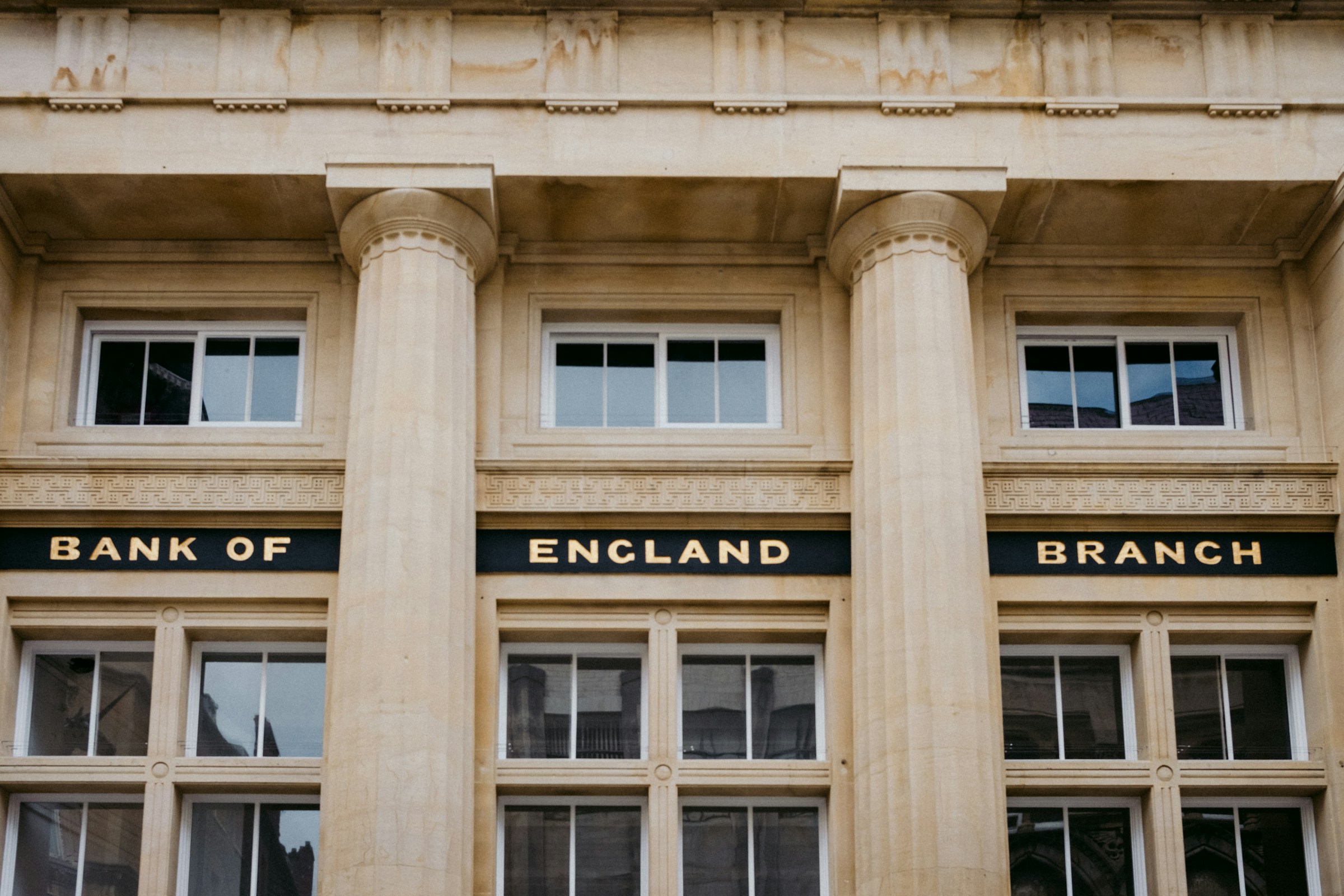The Bank of England is expected to trim its key interest rate by 25 basis points to 4.00% this week, marking its fifth consecutive cut in less than a year. While modest in scale, the move reflects more than a reaction to domestic weakness. It is a calibrated signal—one that acknowledges mounting economic fragility, rising inflation risk, and growing geopolitical uncertainty, particularly linked to President Trump’s escalating tariff agenda.
The UK’s macroeconomic posture has deteriorated across several fronts. Growth contracted for a second straight month in May. Unemployment is nearing a four-year high. At the same time, headline inflation has ticked up to 3.6%, driven by elevated food and fuel costs. The BOE thus enters this week’s decision with constrained optionality—balancing deteriorating real economy indicators with persistent price pressures and tariff volatility.
A quarter-point cut would bring the UK’s policy rate down to 4.00%, reinforcing the BOE’s “gradual” path since initiating its rate-trimming cycle in August 2024. Though the action may appear incremental, it reflects a deeper policy realignment—one calibrated to mitigate downside growth risk without inviting currency dislocation or an inflationary rebound.
Notably, the BOE continues to anchor its moves around a perceived middle path. Governor Andrew Bailey and the Monetary Policy Committee face internal disagreement: while a majority may support the 25-basis-point cut, a vocal minority argues for either a steeper reduction or no change at all. This divergence signals internal concern over policy effectiveness, given the mixed data environment.
Fueling this dilemma is the structural tension between fiscal and monetary levers. In April, Prime Minister Keir Starmer’s government raised corporate taxes, introducing further drag into the private sector at a time when the global trade environment is hardening. Tariffs on UK goods—first introduced under Trump’s 10% baseline rule and partially mitigated in a May carve-out deal—still cloud export competitiveness and investor certainty.
The BOE now diverges from the posture of its Western counterparts. The US Federal Reserve held rates steady last week despite political pressure from the Trump administration, while the European Central Bank appears set to remain on pause with eurozone inflation stabilizing around the 2% target. The UK, by contrast, finds itself easing rates in the face of reaccelerating inflation—a signal of domestic weakness outweighing orthodoxy.
Historically, the BOE has responded to inflation overshoots with cautious hikes, but today’s configuration reflects asymmetric risk. Post-pandemic supply shocks, volatile food and energy inputs, and exogenous tariff shocks have complicated the traditional Phillips curve framework. Unlike 2011–12, when UK inflation also spiked above target, the current cycle is not supported by consumption-led growth but by global policy-induced cost pass-throughs.
Financial markets have begun pricing in the cut, with UK gilt yields softening along the short-end and sterling broadly rangebound. The muted FX response reflects external offset: as US tariffs complicate global value chains, investors are pricing risk across a wider geographic spread rather than punishing individual currencies outright.
Still, institutional allocators are repositioning selectively. UK corporate credit is seeing risk repricing, and equity exposure to trade-linked sectors—particularly autos and industrials—has weakened. Sovereign wealth funds and insurance-linked allocators with UK exposure are tilting toward more insulated alternatives, including SGD and USD assets, though full withdrawal is unlikely absent more persistent inflation mismanagement.
The more immediate constraint is on domestic credit transmission. Bank lending to small businesses remains sluggish, and residential housing activity shows limited pickup despite rate cuts. This lag in monetary effectiveness raises the question: is the BOE’s easing working through the system—or merely signaling policy awareness?
This week’s expected cut signals not just macro caution, but institutional constraint. The BOE is navigating a uniquely difficult landscape: deteriorating labor dynamics, procyclical fiscal tightening, and externally imposed trade penalties. Each quarter-point cut now does more to anchor credibility than to spur demand.
This is not an easing cycle driven by confidence in a soft landing. It is a tactical recalibration—made necessary by the growing misalignment between inflation optics and real economic pressure.
More importantly, it reflects the BOE’s reluctance to allow real policy divergence from the Fed and ECB to widen further. As global capital flow volatility intensifies, central banks in mid-tier economies like the UK must manage not just domestic demand—but perceptions of monetary coordination and resilience. The move may appear moderate, but it affirms a broader truth: monetary tools alone cannot buffer an economy absorbing tariff volatility, labor slack, and political crosswinds. The BOE’s path forward may remain gradual—but the environment it signals to is anything but stable.















